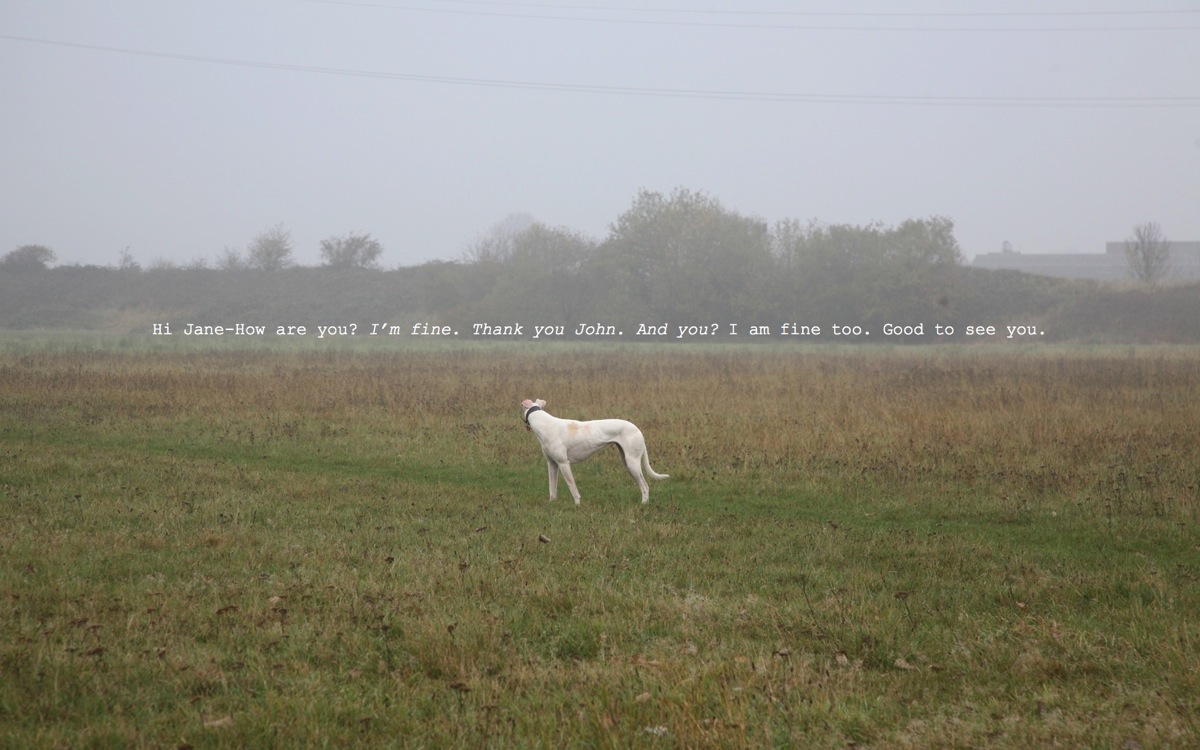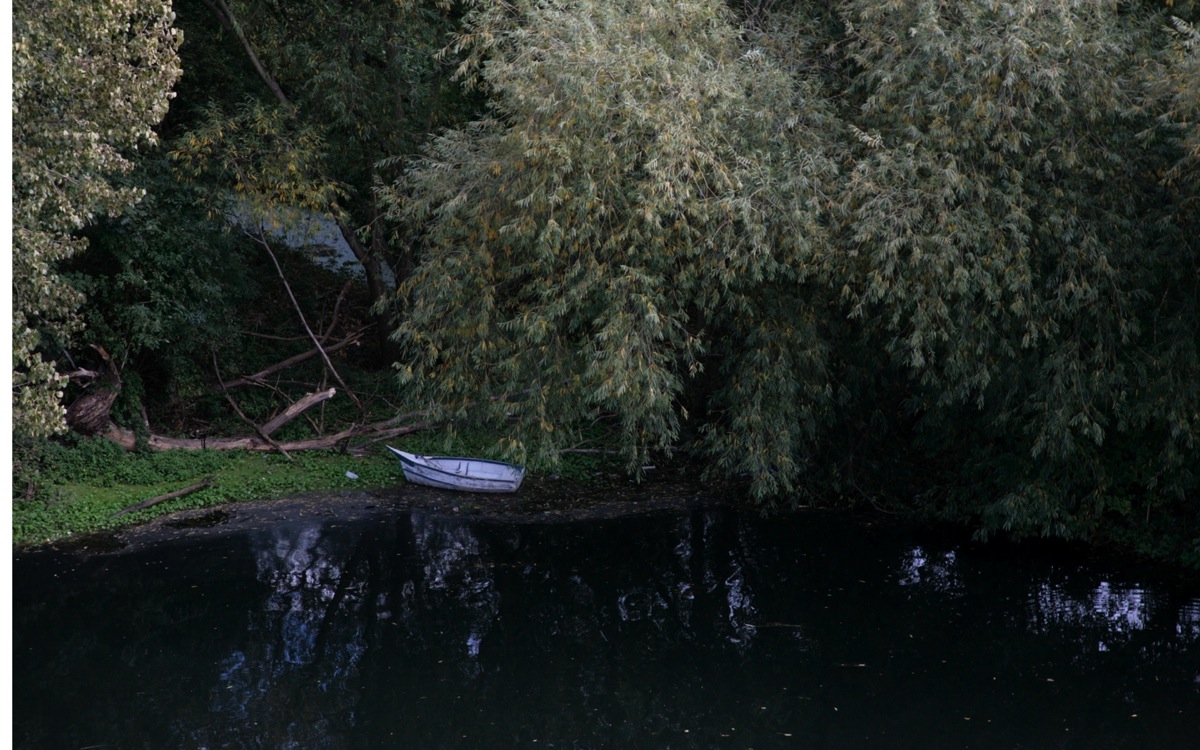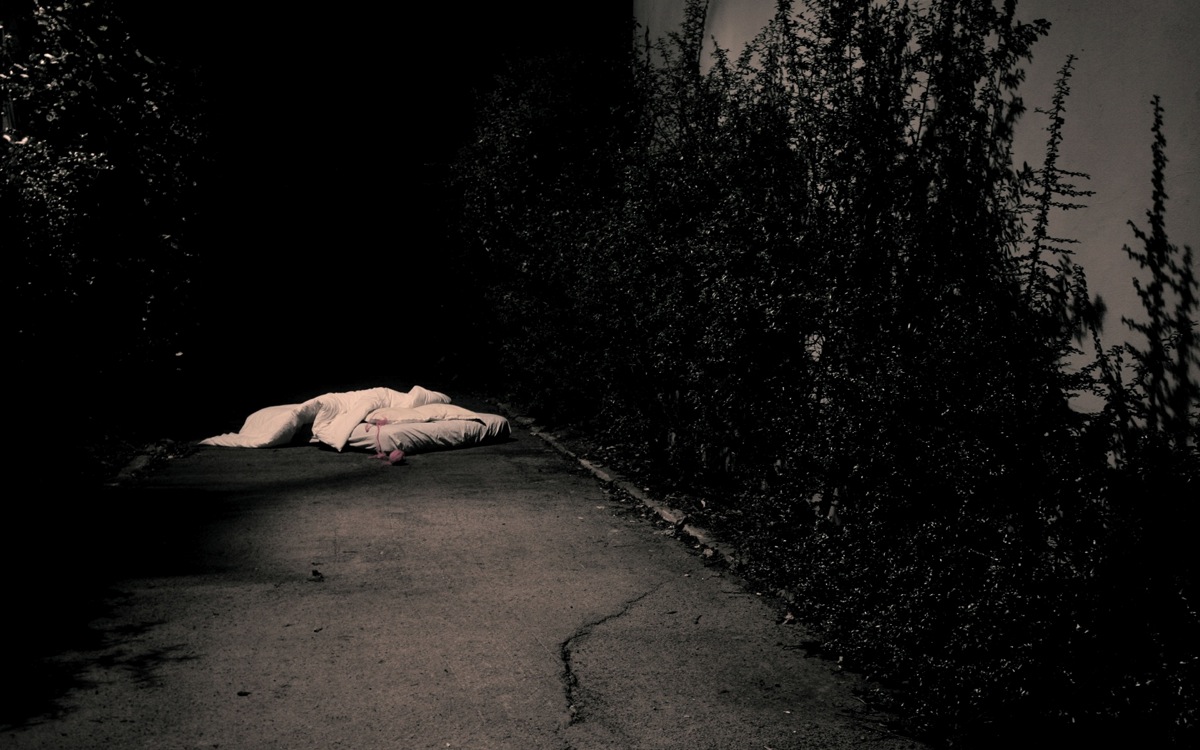Taey Iohe
You Me
Undone London
Scene #1. Kilburn.
Dear London,
Where should I start, in writing to you? I feel I should write a letter to you. I know we have had a rough time over the years; there are some good memories, some bad memories. We haven’t really talked to each other very much lately. I know you think I don’t understand you.
We met on a frosty and chilly evening in January, ten years ago, in Kilburn. You looked a little suspicious about me. I was wearing a thin black coat; I was carrying a small suitcase. I was confused at meeting you too. Your tube was smelly, and your voice was so low I couldn’t hear you clearly. I felt that you were cold and unkind. I didn’t really know how to talk to you back then. I was shy and inarticulate, I suppose. You seem to dismiss me quickly, after you nodded slightly to acknowledge I had arrived.
Scene #2. Language learning.
I started to learn how to speak to you. Taking English language lessons at the language centre is funny, because most of the students there don’t speak the language very well. So, you learn quickly how to make friends, by inviting people for food, or how to communicate effectively with gestures. Friendship with broken language is great. You get to be real. Telling lies in a foreign language is so hard. Learning someone’s language is also learning their strategy for lying. Once you learn how they lie, then you learn what they are. Once I learned your language, I got to pay a lot of money, open one of your doors, then go in. That’s what you call ‘higher-education’. Yah! I could finally step into a place where I get to lie fluently with other fluent liars. Don’t get me wrong, we are not lying about the grand narrative of history, or tax we need to pay, or anything serious. Let me teach you how to lie. Here is a simple example:
Hi Jane – How are you?
I am fine, thank you, John. And you?
I am fine too. Good to see you.

There are other versions too, such as “Oh! How interesting!” or, “We really must catch up soon!”. Once I memorise what to say properly, then I can take off my shy hat, and put on a clear voice. Yes, I have learned that having a voice that is loud and clear is important to make sense of being with you.
Learning a phrase is one thing. But learning a tone is something else entirely.
I guess tone relates to the materiality of the voice. But it is not exactly the same thing. Tone is alive and translatable, if I sense that there is something discrete and hard under the text. Tone signals the physicality of the voice, vocal cords, oral cavity, tongue and teeth. In speech, it is easier to sense this by facial expression, gesture, pitch and choice of words. Tone is the point of engagement with a sentence in speech. Tone comes in when the word comes out from the mouth. Tone shapes space differently. Sometimes tone itself becomes the message. For example when you say, “mind the gap” – it feels as if you are holding and slightly squeezing my shoulder at the yellow line on the platform. Yes, I think your hands are very firm and large.
Anyway, I wish I could hear your tone, even when I read my letter from the Home Office or any authority. Tone is like a container; it can hold emotion or feeling and sensation, because it suggests an emotional positioning, personal attitude. It brings a situated condition.
Tone can be also misunderstood, especially if there is distortion or an unusual accent.
Certainly you have animated accents and lots of tones. Putney has a cranky grandmother’s voice; she is always wearing garden gloves. Haringey seems downbeat all the time. Mayfair is un-necessarily pompous, spoiled child that it is. Then Brixton and Hackney seem to have a bad temper, and an unpredictable frame of mind. They are lonely in bed, but trying to give off an attitude on the street. Camberwell sounds sniffly, he might need some morning coffee. Victoria seems to have a personality disorder; I hope she calms down soon. Dalston hiccups all the time. Shadwell is a bit awkward and has bouts of stammering. You are a complex and peculiar being indeed.
Little alleys, dark corners, nameless underground clubs, wet sofas on the street, a poet’s secret society, abandoned land, unspoken populations, well-turned out chancers and scruffy clients, swooping birds, lost tourists, so many writers, painters and criminals; I have loved and hated you for a long time.
Scene #2. Walkers.
Writers like Ian Sinclair, Will Self, and Patrick Keiller are obsessed with you. I noticed that you get long love letters from them regularly. I have to confess I sometimes opened them up before you did. I cannot help noticing they are all white British male authors. I know you would insist it’s not a racial thing nor a gender thing.

I wonder whether it’s about walking. Peripatetic dreamers, a lust for wandering; they seem nerdy obsessives scraping together a collection of ruins and piles of memories. The American writer, Rebecca Solnit, makes an interesting link between walking and philosophising. She said she could hardly think if she says in once place; her body has to be on the move to set her mind going. And she quotes Susan Bordo, feminist philosopher: “If the body is a metaphor for our locatedness in space and time, and thus for the finitude of human perception and knowledge, then the postmodern body is no body at all”. I guess in travelling from one space to another, our ‘body’ is only a parcel that delivers us; our mind becomes broader and wider. So psycho-gegraphy is not only for men on Hackney Marshes who have two strong legs and a Barbour jacket, but it is a traveller for someone who is less able and more imaginative.
Scene #3. Night times.

I think I like you when night comes. There is spectral space in you, where dying and living come together. I made a story about two ghosts in my neighbourhood. Mary Wollstonecraft and Hyeseok Na. Yes, I know Hyeseok Na was not one of your friends; she comes from my side of our extended family. She was a traveller and walker during the colonial period in Korea. I called these imaginary spectral beings ‘Sleepwalkers’; they are placed in North London as a pair of vulnerable physicalities in a displaced bed. The woman in my imaginary bed has a sleeping problem; perhaps the woman could be homeless and has placed a mattress in the middle of the street. There are many terms we might use to characterise this lost woman: traveller, nomad, foreigner, wander, stroller, migrant, rover, rambler, drifter, vagabond, floater, flâneuse (flâneur) and passenger. The passenger on the bed is a conflicted presence, dazed and jet-lagged by her journey.
The way we imagine space has effects… Conceiving of space as in the voyages of discovery, as something to be crossed and maybe conquered, has particular ramifications. Implicitly, it equates space with the land and the sea… seeming like a surface, continuous and given… If instead, we conceive of a meeting-up of histories, what happens to our implicit imaginations of time and space? (Massey, 2005, p.4, emphasis added)
Scene #4. Passengers.
Perhaps I caused some of the pain in our relationship too. I was running away from you. I thought of making my escape at some point on a sunny day, when there was a fresh breeze in the air. Now I think of it, maybe I mis-read your tone. Perhaps I am your tone. Walkers, travellers, ramblers, shufflers, stragglers, promenders, passengers on the street, all of us.
The city as a provocation to philosophy… a machine which undoes and exceeds sociological definitions, posing new problems for thinking and thinkers, images and image-makers. (Massey, 2005, p.159)
I close my eyes, and see the hundreds of Januaries that you have been through. We have been through some good winters; I shall remember them.
Anyway, I might write to you again.
I hope the frost and rain don’t make you too sad.
Best wishes,
Taey
‘You, Me, Undone, London’ is a new work addressed to the city itself by artist and author Taey Iohe. Part letter, part photo essay, it is an ‘essay’ in the original sense of the word, an attempt, a try, a speculative exploration of the language and aesthetics of migration. - Little Toller Books